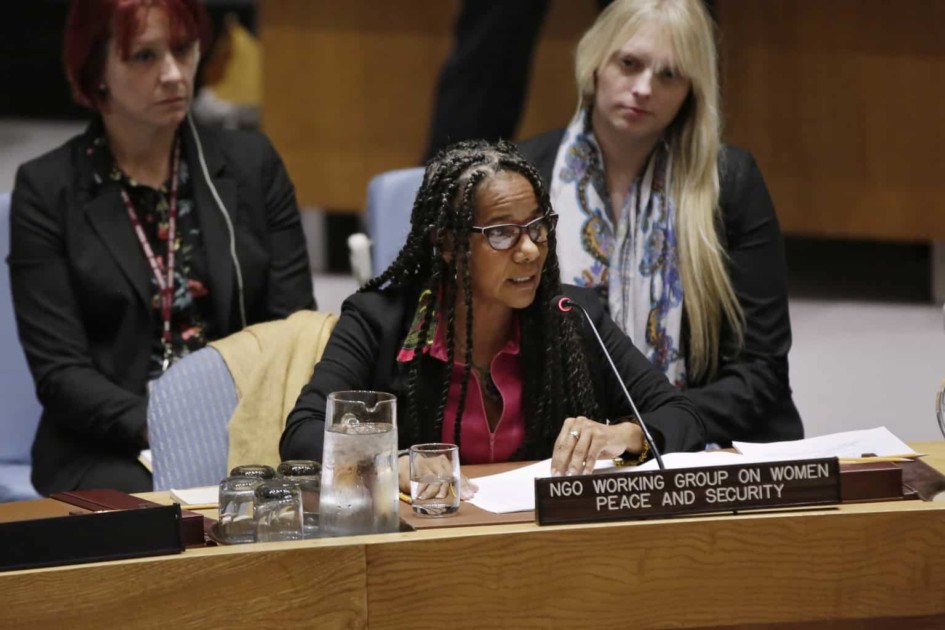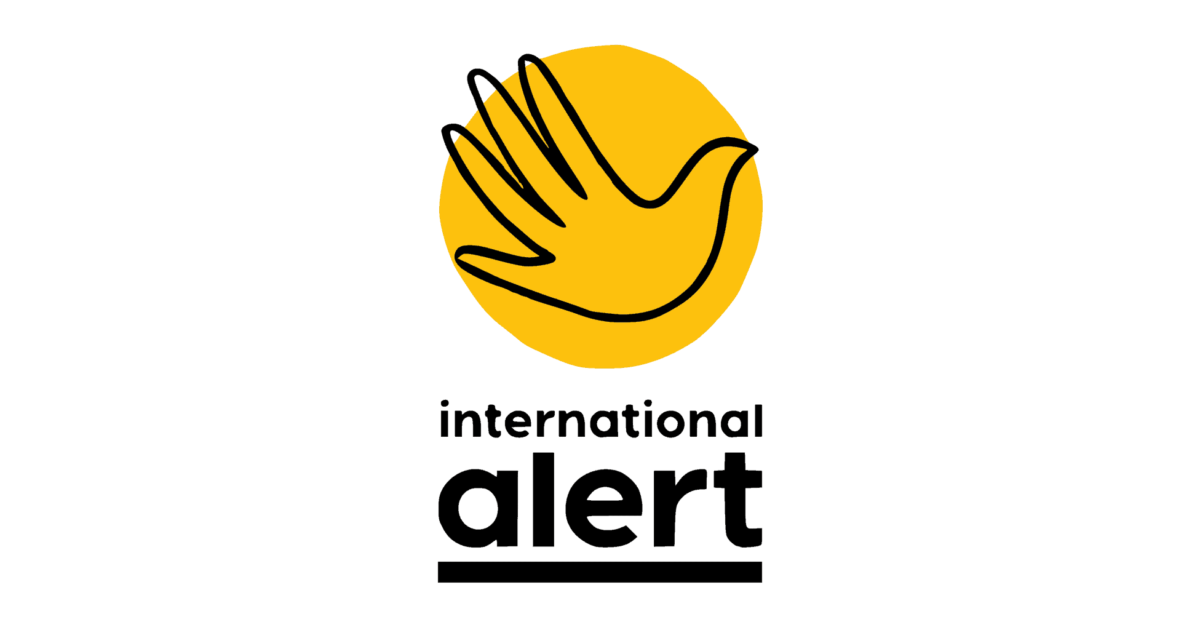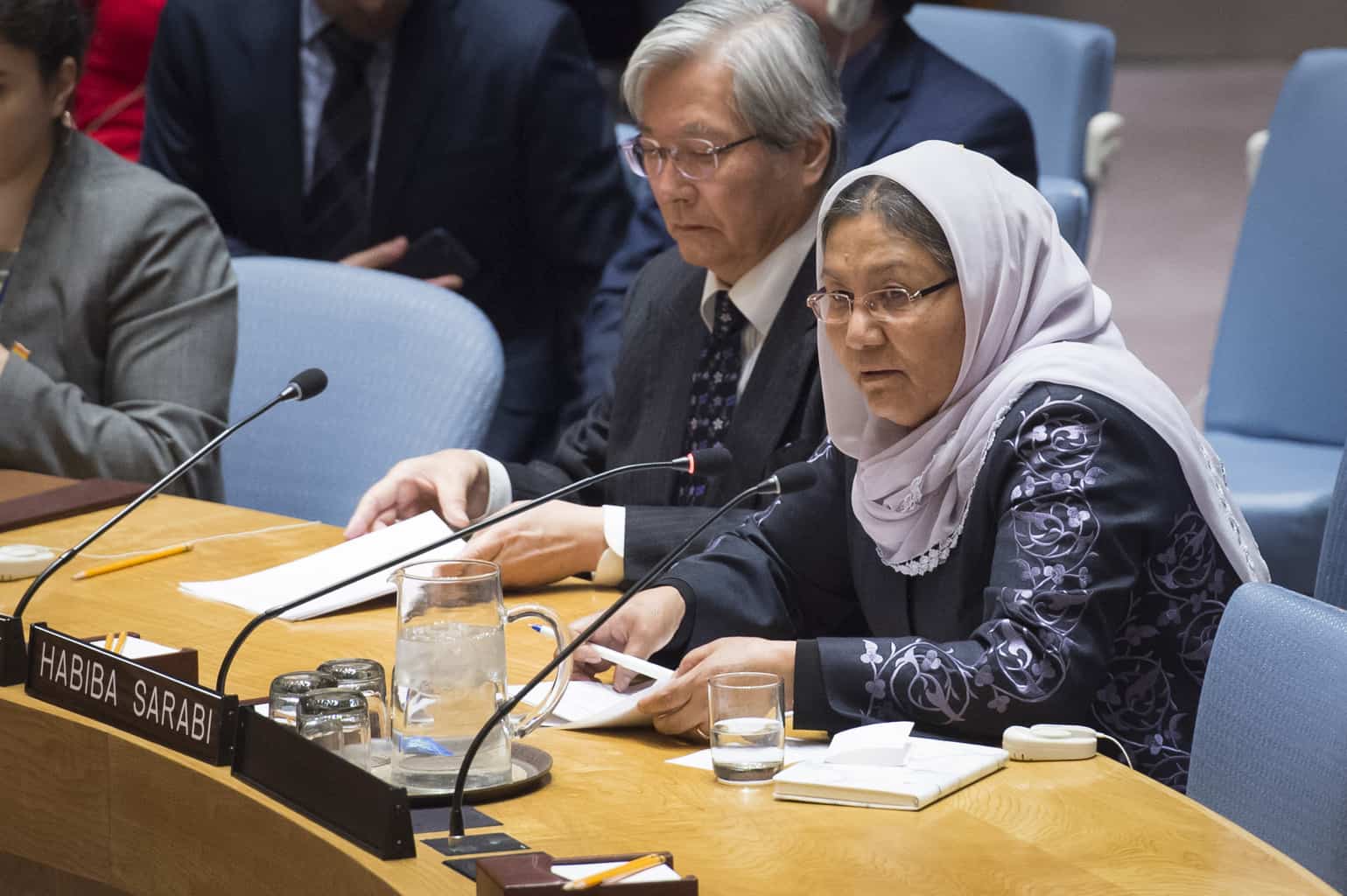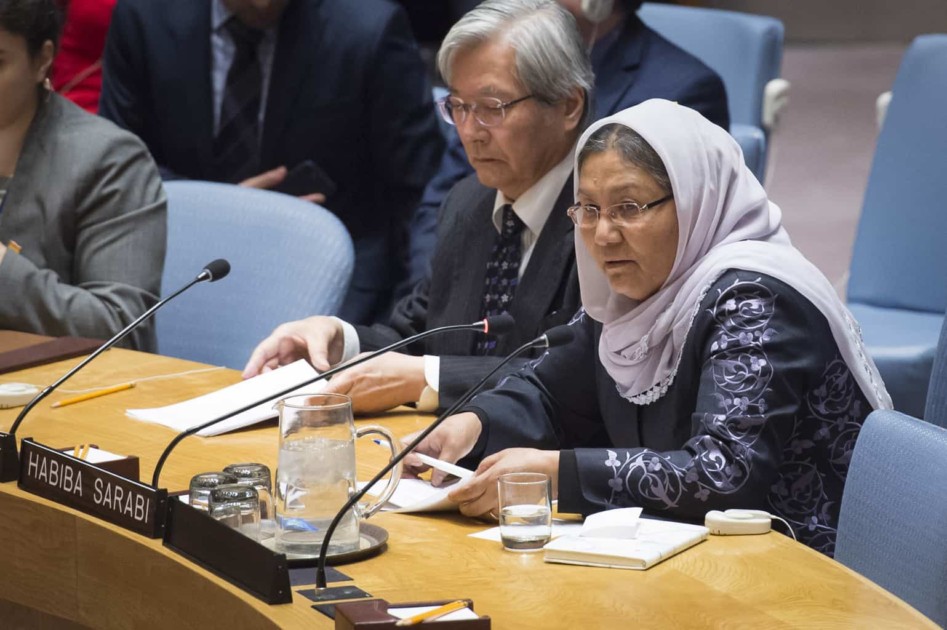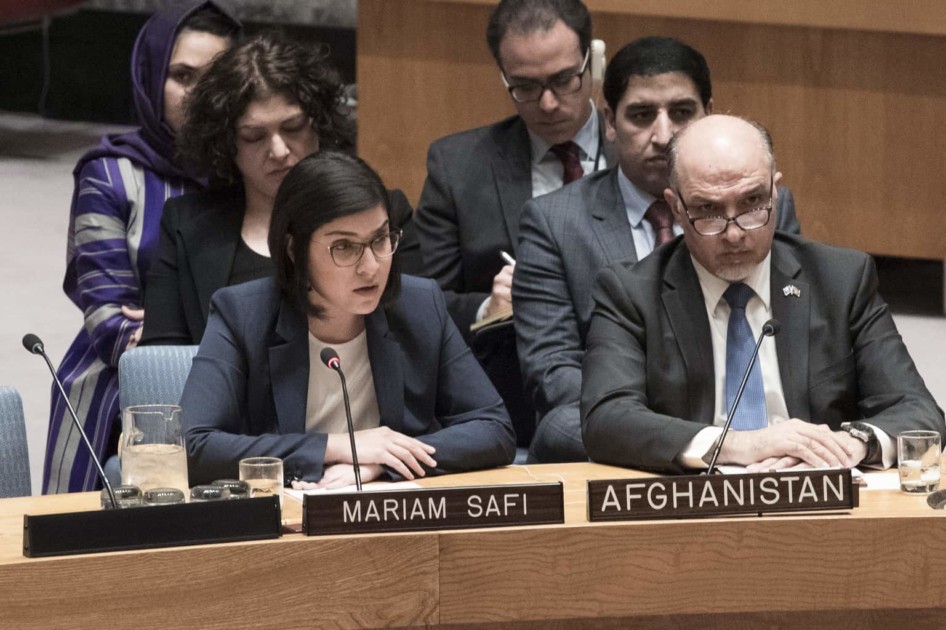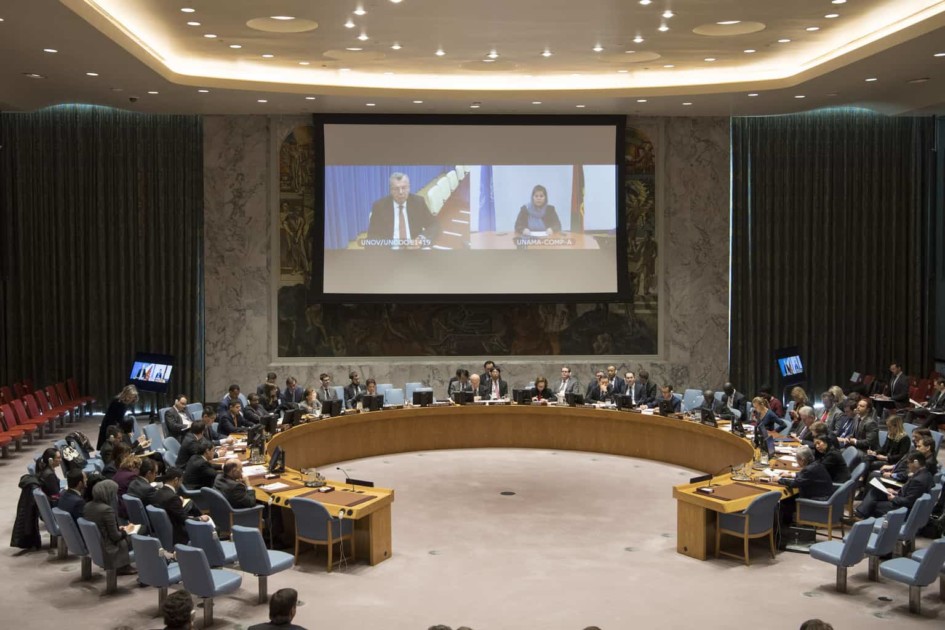Afghanistan
Afghanistan
Afghanistan has been engulfed in violent armed conflict since the fall of the Taliban regime in 2001, and efforts to build sustainable peace while preventing the re-establishment of extremist rule depend on the inclusion of women.
Living in the most dangerous place in the world to be a woman, as the Thomas Reuters Foundation revealed in 2011, Afghani women have emerged as leaders in the peace process— advocating constantly for more inclusive government, and inspiring marginalized groups nationwide to demand a place in the political system. Despite the important role that Afghani women play in bringing about social change in Afghanistan, many barriers to their involvement still exist.
Based on the work of NGOWG members and their partners, the NGOWG advocates for eliminating these barriers by encouraging UNAMA to support the Afghan government in fully implementing the National Action Plan on Women, Peace and Security (NAP), and ensuring women’s full and equal participation in regularly held elections.
Current and Past Recommendations to the UN Security Council (Monthly Action Points)
Member States must mobilize all available resources to directly support the urgent evacuation of Afghans who are at heightened risk of persecution from Taliban forces and wish to leave the country, including women human rights defenders, peacebuilders, leaders, and journalists, paying particular attention to individuals facing intersecting forms of discrimination based on sexual orientation and gender identity, ethnicity, and disability. Based on internal analysis, an estimated 6-8% of identified women leaders, politicians, journalists, human rights defenders, activists, and judges have been evacuated, leaving several thousand at continued risk. Member States should prioritize the approval of visas and remove all bureaucratic impediments to ensure safe passage to points of departure and final destinations, including the provision of visas to all family members, broadly defined, of women at risk, and provision of relocation assistance. Support protection for those who are unable to leave the country through shelter and safe houses. In the expected renewal of the mandate of the UN Assistance Mission in Afghanistan (UNAMA), the existing mandate should be maintained in order to preserve critical functions, including protection and promotion of human rights, notably women’s rights. Any strategic review or assessment mission should mainstream gender-sensitive conflict analysis and prioritize monitoring and support for women’s rights. Further, the Security Council should:
- Call for an immediate, permanent and comprehensive ceasefire, followed by an inclusive, negotiated peace process that prioritizes the full, equal and meaningful participation of diverse women, from across the country, at all stages of planning, negotiation and implementation.
- Call for all parties, including the Taliban, to uphold international human rights and humanitarian law in all circumstances, and as laid out in resolutions 2573 (2021) and 2286 (2016), including the protection of human rights defenders, peacebuilders and journalists and all civil society representatives, and hold all perpetrators accountable for any violations of international standards, including all forms of gender-based violence and any reprisals against women civil society leaders.
- Demand the safe, full and unfettered access of all humanitarian actors, including all women humanitarian workers, to affected communities in a manner that upholds core humanitarian principles and standards and ensures access to those most marginalized and hardest to reach, as per resolutions 1265 (1999), 1296 (2000), 1502 (2003), 1674 (2006), 1894 (2009), 2175 (2014) and 2286 (2016).
Relevant Resources


